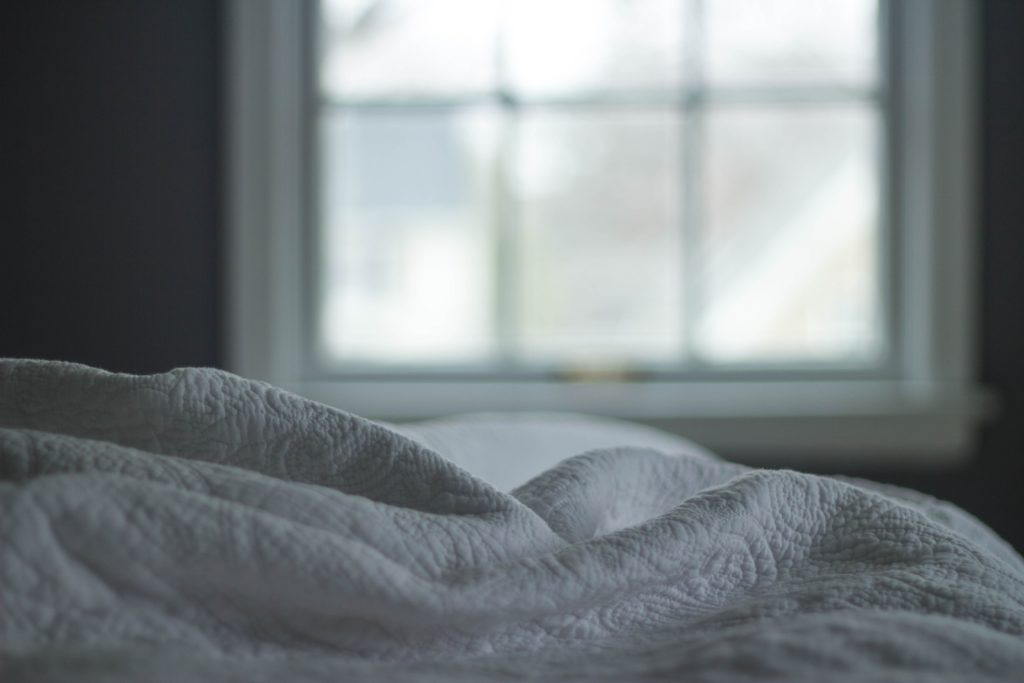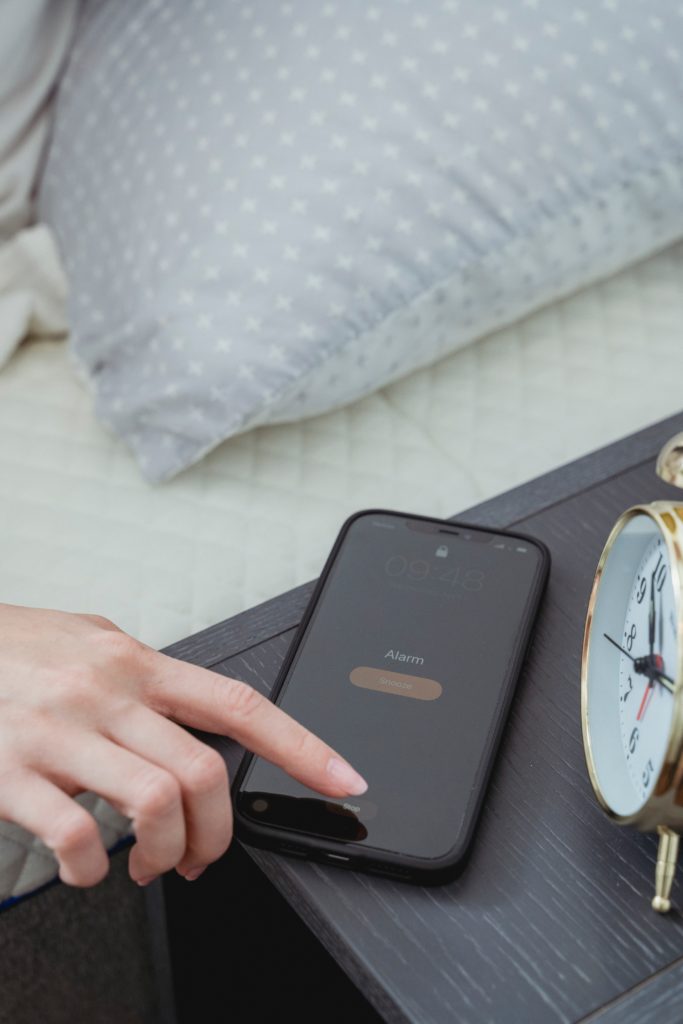Sleep is a daily, foundational part of our health routine, and yet, so many people struggle to get the right kind and amount, of consistent, uninterrupted snooze hours.
We understand the impact poor sleep has on our physical health. We can literally feel it when we wake up and still feel tired, sluggish, have trouble staying awake driving or in meetings, etc. But how does sleep impact our mental health? What impact does poor sleep have on our psychological, emotional, and social well-being? These are the questions we are exploring today.
How Much Sleep are We Supposed to Get?
Sleep research is fascinating and provides us with all kinds of information about how our brains work and develop. As we age, our sleep needs change. As infants, we start with needing 12 to 16 hours of sleep per 24 hours, 8 to 10 hours as teenagers, and 7 to 9 as adults. Then, even within these needed hours, you may sometimes need more if your sleep quality is poor, you haven’t had enough rest lately, or have a medical condition that affects your sleep pattern.

What Works Against Healthy Sleep Patterns?
How much sleep we get is just as important as the quality of sleep. And, while some people do not get enough sleep because they “just don’t go to bed”, others may be frustrated because while they are trying to get enough sleep, they don’t seem to be able to. There are many things that can work against a healthy sleep pattern:
- Medical conditions such as chronic pain, eczema/psoriasis, neurological and musculoskeletal disorders, cardiovascular disease, pregnancy (78% of women have trouble sleeping at some point), and chronic pain can all create restless or interrupted sleep.
- Irregular sleep and wake hours work against our body’s “circadian rhythm.” This is part of the body’s 24-hour internal clock with times that feel most “natural” to sleep and wake. If we can sync our sleep habits to that rhythm, we are more likely to get healthy sleep.
- Stress and mental illness are definite sleep stealers. Healthy sleep is about getting our brain to rest and settle into the correct patterns to go in and out of regular sleep cycles. Sleep, mental illness, medication, and even alcohol can make us sleep too “light”, too “deep”, or cycle too rapidly to get healthy sleep.
- Breathing concerns related to allergies, asthma, and sleep apnea can interrupt the breathing needed to keep us sleeping safely. If you sleep all night but still often wake up tired consult a medical professional. It may be that your sleep is being interrupted by breathing issues.
- Sleep patterns change as we age. While older adults still need 7-9 hours of sleep, it can be harder to go to sleep or stay asleep.

How Does Sleep Impact Mental Health?
So, why does all this information about how much sleep and interrupted sleep matter? Because, in addition to our physical health, poor sleep can have an impact on our mental health. The reason for this is that sleep is strongly related to our brain activity and the processing of emotional information. Interestingly, it seems that sleep is an important part of the brain’s ability to incorporate positive emotional content and heal from difficult experiences. Sleep hours are also when our brains are drained of some waste products. In short, when we don’t get healthy, regular sleep, our brains can’t heal daily as designed.
As noted above, mental health concerns can be both the cause and consequence of sleep difficulties. Depression is tied to daytime sleepiness and sleeping too much. Anxiety can feel like the mind is racing, leading to difficulty falling asleep. PTSD can cause challenges with nightmares or hyper-alertness. Bipolar disorder, schizophrenia, ADHD, autism, and others can also cause sleep challenges.

How Can We Improve Our Sleep Health?
There are many things we can do to try to improve our sleep health. The majority of what is in our control is having good sleep hygiene. This includes things like having a predictable, steady sleep schedule and reducing stimulation before bed such as exercise, loud music, or intense television. Try not to use alcohol, caffeine, or tobacco in the evening hours. Keep sleep areas dark, cool, and free of electronic devices. Prioritize sleep as essential to health as any other area, working to care for physical concerns that may interrupt our sleep as well as setting boundaries on work and social life so we can get the sleep we need.
Finally, because sleep and mental health disorders can have a bi-directional effect, it may be that mental health care through a counselor and/or medication may help you sleep better as well. If you are struggling with your mental well-being, consider using your work EAP, campus counseling center, self-pay options, or online counseling through organizations such as BetterHelp, TalkSpace, or Faithful Counseling to improve your mental health and hopefully your sleep at the same time.
July 5, 2022. By Anne Rulo, Author, Speaker, Therapist. www.annerulo.com. FB/IG/Twitter @annemrulo
